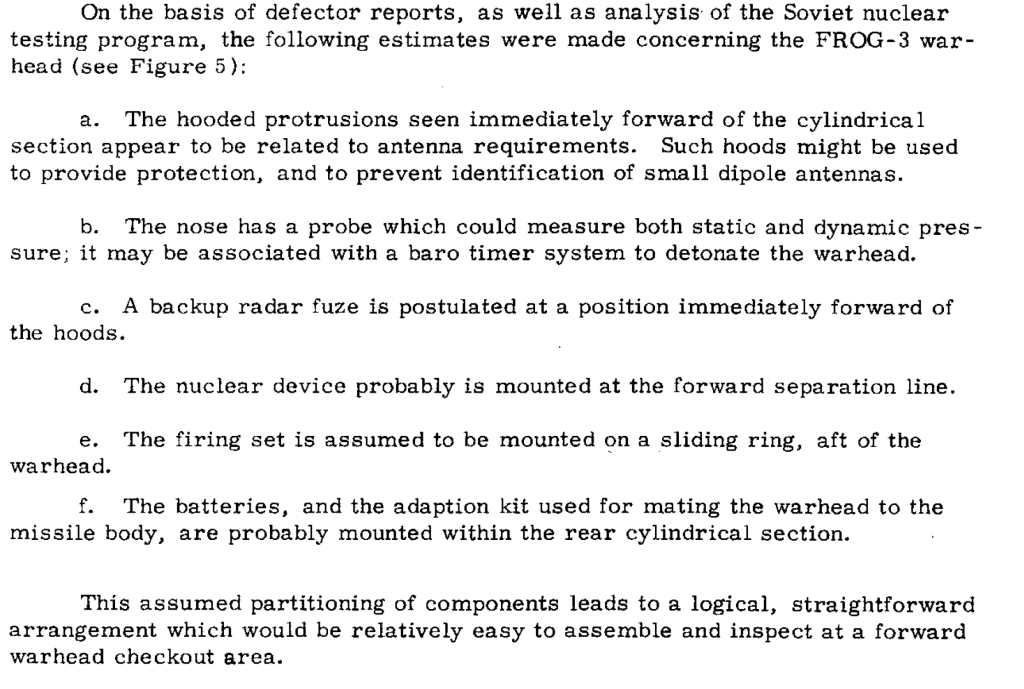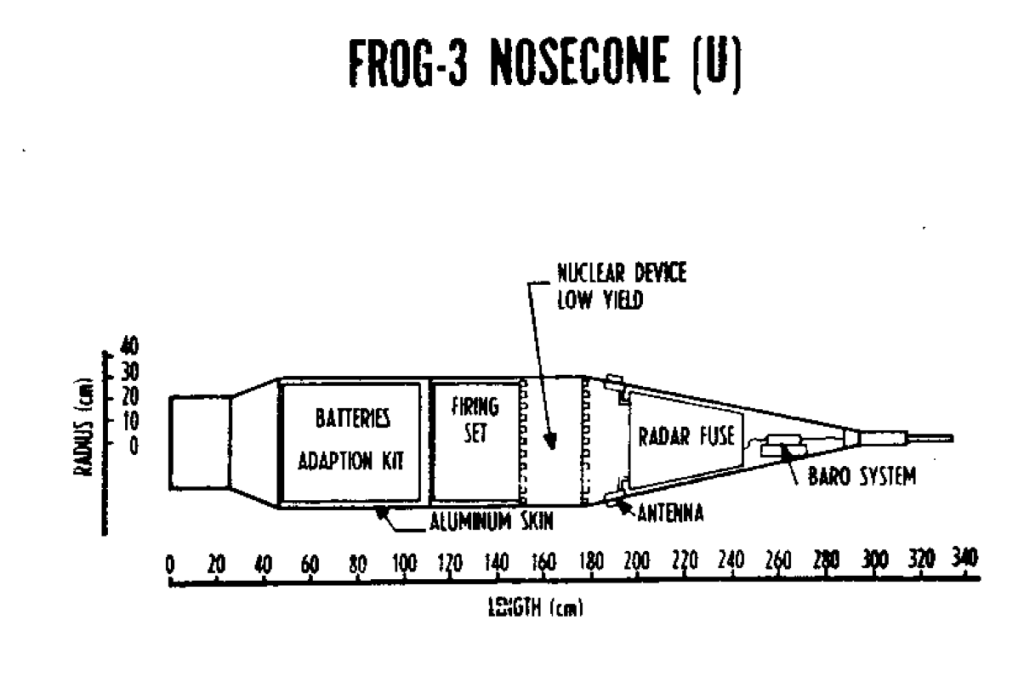The UK government made this statement during a January debate. It’s a decent brief summary of the program:
The key point is that every day since April 1969, there has been at least one nuclear-armed Royal Navy submarine at sea, helping to keep the United Kingdom safe—the whole of the United Kingdom. In January 1980, when the House debated the successor programme to Polaris, which led to Trident—the title of this debate—the Secretary of State for Defence, Lord Pym, boiled down the Government’s position to one essential point. While acknowledging the “horrendous” nature of nuclear weapons and regretting that we could not “disinvent” them, he concluded that Britain needed to be a nuclear power because of what it would contribute to NATO’s strategy of deterrence and, through that, to our own national security.
Essentially, that has been the position of every UK Government since then. The renewal of the nuclear deterrent was approved by an overwhelming majority of 355 votes in this House in 2016, and it remains this Government’s position today. In 1980 the debate was framed by the cold war, but in 2024 the threats facing our country have multiplied and become far more complex. The number of nuclear states has grown, while Putin’s aggression and intransigence have set back the prospect of nuclear disarmament more broadly. Russia still holds around 6,000 warheads, and we face a much more assertive, nuclear-armed China. North Korea remains hellbent on honing its nuclear capabilities at the expense of the wellbeing of its own people, while Iran has repeatedly violated its international nuclear obligations and has enriched uranium far beyond what it needs for civilian purposes.
Significantly, our competitors are investing in novel nuclear technologies, including new warfighting nuclear systems, to integrate into their military strategies and doctrines. If we measure the need for an effective nuclear deterrent by the number of nuclear-armed states overtly working against the UK’s national interest, it is clear that the need to deter has never been greater. Let us not forget that a credible nuclear capability is about more than merely countering nuclear threats; it is about deterring all of the most extreme threats to our nation. That is why the Government are investing in upgrading our nuclear infrastructure to support the next generation Dreadnought-class submarines and replacement warheads. These will be some of the most advanced nuclear systems ever built, which sends a clear message to any would-be adversary.
Four Dreadnought submarines will replace the Vanguard-class submarines that have maintained our nuclear deterrent since 1992. They will give us an independent, continuous at-sea nuclear deterrent well into the second half of the century, and progress is on track to deliver the first of the Dreadnought submarines into service in the early 2030s. At £31 billion, it is correct to say that the estimated cost of the programme is significant, but we cannot develop this type of world-leading capability on the cheap, and we must also weigh that against the terrible cost of war, which is what the nuclear deterrent deters from happening


